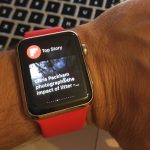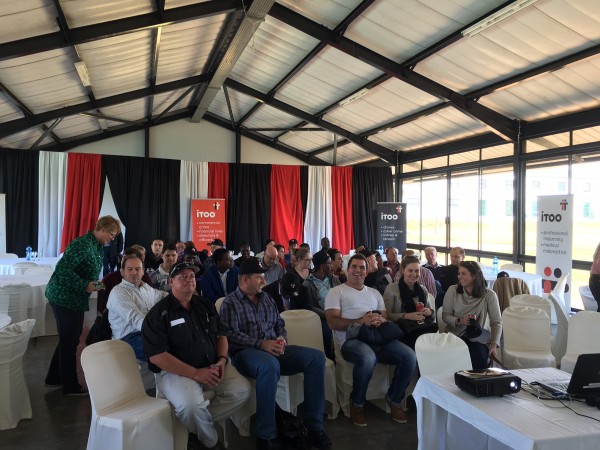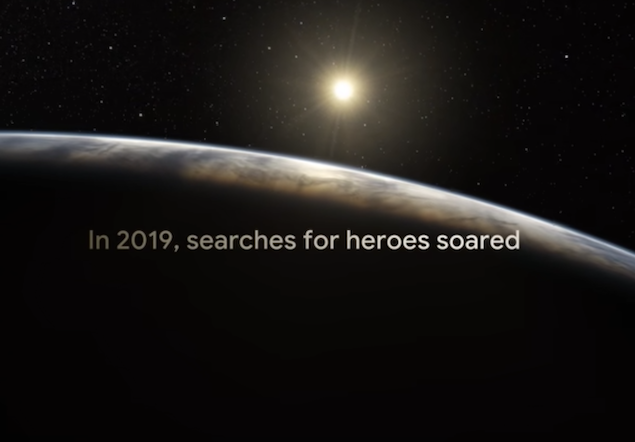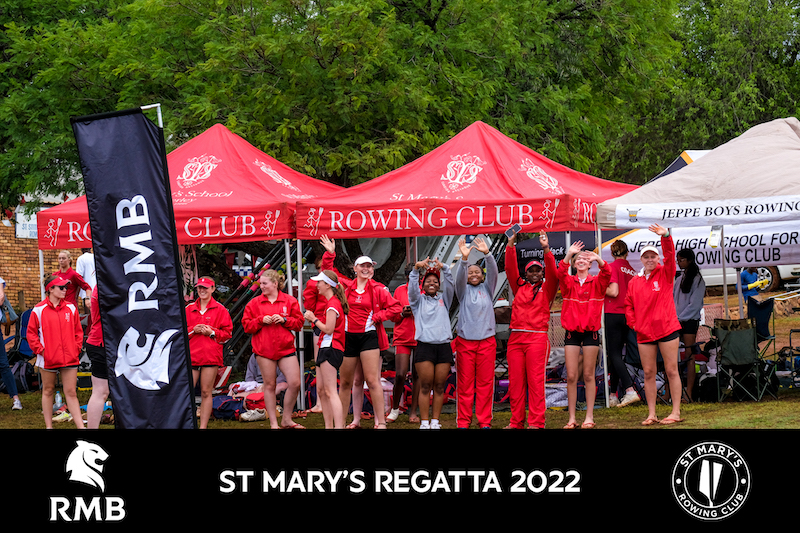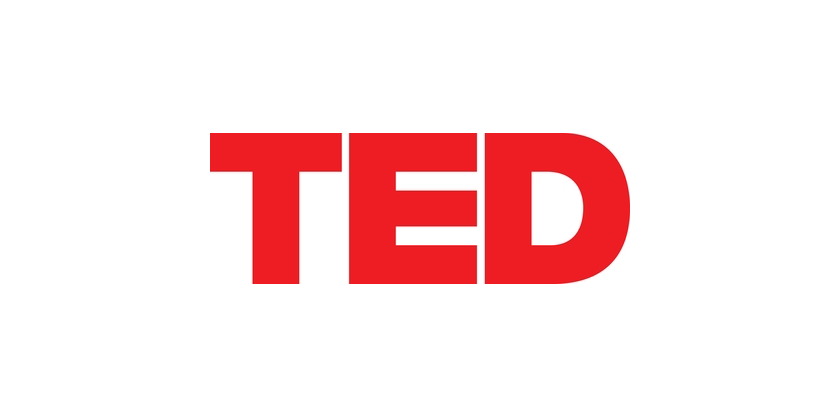
Why TED matters, to me
Many people have heard of or viewed a TED talk at www.ted.com – not surprising really, if you consider that the most watched talks include Sir Ken Robinson’s “Do schools kill creativity”, which has been watched more than 37-million times, and Brene Brown’s talk on vulnerability, which has been watched nearly 24-million times.
With an army of volunteers who translate talks (including me and my friend Christo Crafford, who translate talks into Afrikaans), Brown’s talk has been translated into 51 languages. Not to mention the recently launched TED channel exclusively in Spanish.
What is perhaps less well known is how these talks come about and what the broader TED platform entails.
I have just finished attending the “main” TED conference in Vancouver – a week where I listened to just under 100 talks (most 18 minutes long). Many of these talks will make their way onto ted.com over the coming months. Some are already up, like Shonda Rimes’s excellent one about finding your “hum” :), entitled “My year of saying yes to everything”, which is already nearing 400 000 views less than a week after it was delivered. You may also like this one on drones, “Meet the dazzling flying machines of the future”, delivered as a swarm of beautifully lit drones enthralled us. Views as I write are 158 146 and counting.
And while TED week (held this year in Vancouver – previously in Long Beach and before that in Monterrey) is major input for the brain and the sharing of some extraordinary ideas, it’s the conversations that happen because of these talks that are truly amazing. I tend to lean towards my natural introvert state while at TED – with so much going into my brain and so many connections being made and opportunities being thought about, I need lots of downtime. So my conversations tend to happen after the event. I make copious notes and follow up with speakers and attendees for months afterwards. In many ways the conference, which is expensive, is something I will find value in for a long time after leaving the beautiful city of Vancouver.
The TED team is one I find inspirational. I have become friends with some of them over the years and while, like any organisation, there are clearly ups and downs, the tone set by the head Chris Anderson is truly one of believing in the power of ideas and the need to spread them. One part of writing this blog is my attempt to get more people to engage with TED – to embrace ideas we find on the platform, to add our own, to find new ideas and to ensure that we, as leaders, better serve our families, friends, communities and the world at large.
An example of the inspiration I find is a small anecdote relating to a technical issue at last year’s conference. TED relies heavily on tech, not only for us at the conference, but also for others, such as the inhabitants of Vancouver who were gifted live streaming of the conference while we were in their city. So when there are technical issues, like there were at one point during the conference, there is a major stress. However, in handling this major glitch, Chris didn’t shout or lose his cool. He acknowledged the fault, credited the technical team for working hard and being under pressure and allowed them to do their jobs – and fix the problem. In organisations I still, too often, see leaders (managers?) shouting, rather than understanding the problem, supporting the team and moving on.
Another example of this inspiration is that TED treats everyone as equals. Whether you are a billionaire (and there were a few); a celebrity (this year we had Harrison Ford, Cher, MC Hammer and Jaden Smith attending, among others); a billionaire-celebrity (Bill Gates); a person changing the world (top astrophysicists, founders of Uber or Airbnb) or just an everyday person wanting to contribute, everyone is treated the same. So it is not unusual for Harrison Ford to sit down next to you (he did it twice to me and I had to ask him to please give me my space – refer to early introvert point :)) or for you to have a deep, engaging conversation with the prime minister of Bhutan.
Of course, TED must make sense financially. However, many of the team work for less than market salaries and the sense I get is of an organisation truly wanting to improve our world. One way, which makes no money (and rather costs TED to facilitate) is the TEDx programme. In short, anyone can apply for a TEDx licence and hold independently organised events that adhere to the TED framework.
TEDx growing and reaching new heights
In the past year 18 000 new talks were added to the TEDx channel and nearly 3 300 events took place around the world, including the first event on the Galápagos Islands, the first time an event took place on both sides of a border between two countries (USA and Mexico), and the first time a talk was beamed in from space. TEDx is discovering ideas in 170 countries around the world, which represents a great crowd-sourcing platform for getting ideas to Vancouver and onto ted.com.
In the same time period TEDx communities were established in Guyana, East Timor and Gabon, and over 1-billion talk views for TEDx talks were reached. There are now a number of TEDx licences in SA so keep your eyes open for events like the TEDxStStithians coming soon – or apply for your own licence!
Check out TedEd – especially if you are in involved in education. You can use and contribute lessons, hugely increasing your reach. I challenge all my teacher friends (and especially the ISASA network) to make far more use of this. Perhaps even an ISASA/TED partnership. TED loves partnerships and recently made its first venture capital investment – in a South African-based company that uses technology to get TED and other approved content into our schools cheaply and easily. Needless to say, the founder of this company and I had a superb session in Vancouver and I am excited for the St Stithians and EasyEquities opportunities that are available.
And so back to the week and the talks that really moved me. In short, too many to mention. However, I will be commenting via Twitter and Facebook and giving verbal feedback on Monday 7 March in Johannesburg. So keep an eye out or let me know if you want to attend.
Here’s wishing us all much joy as we continue to spread ideas that matter.
Now read TED2016 Magic.




